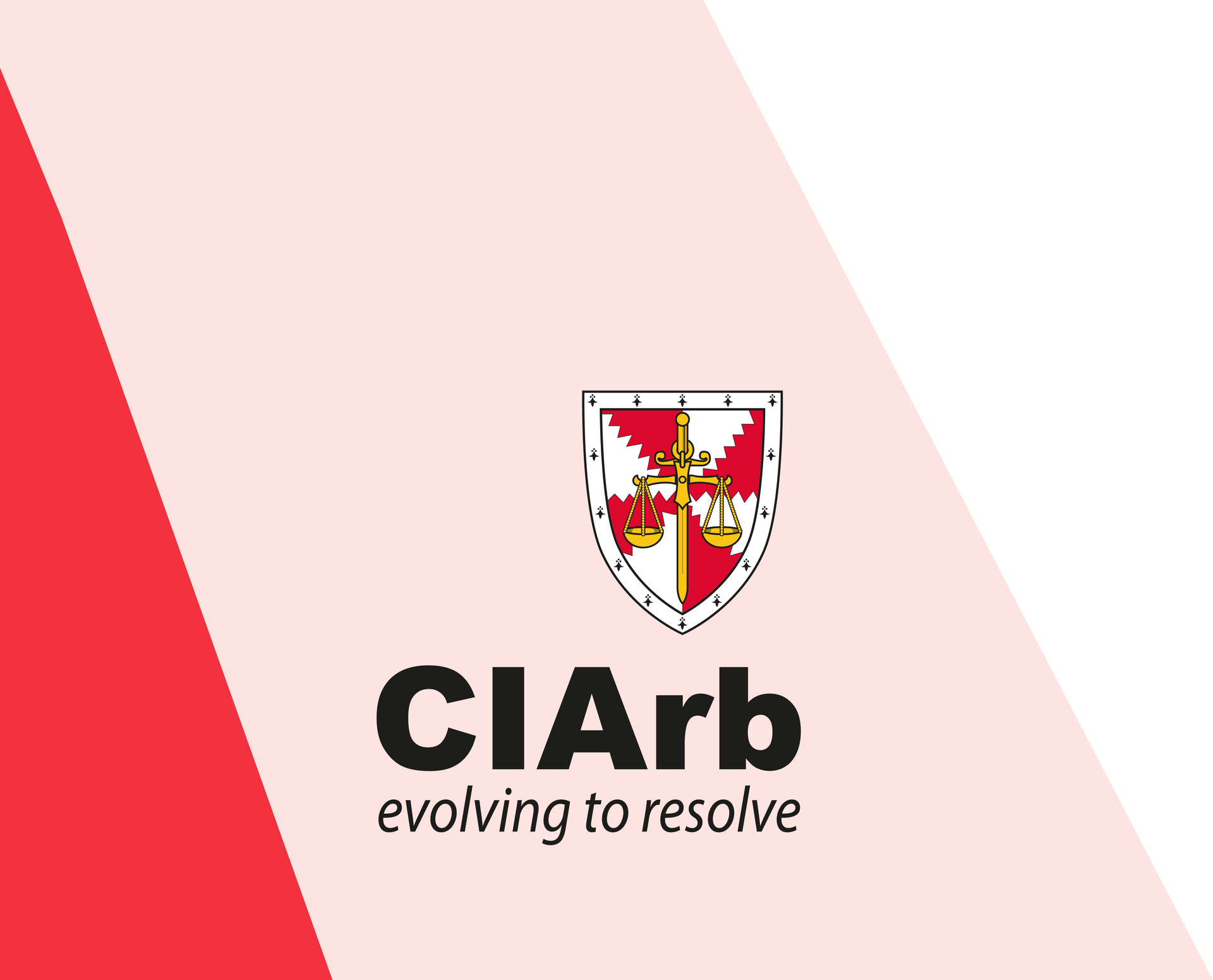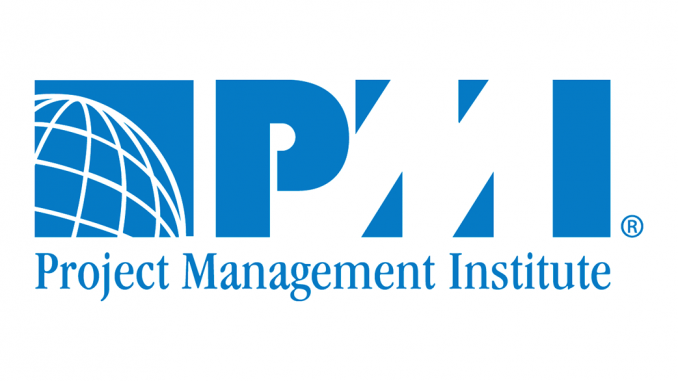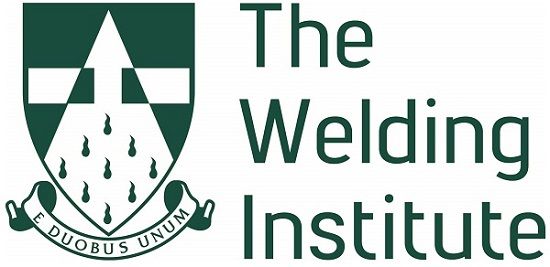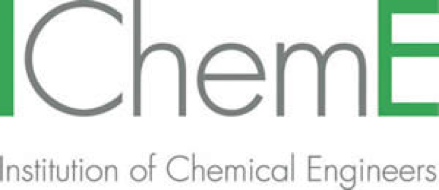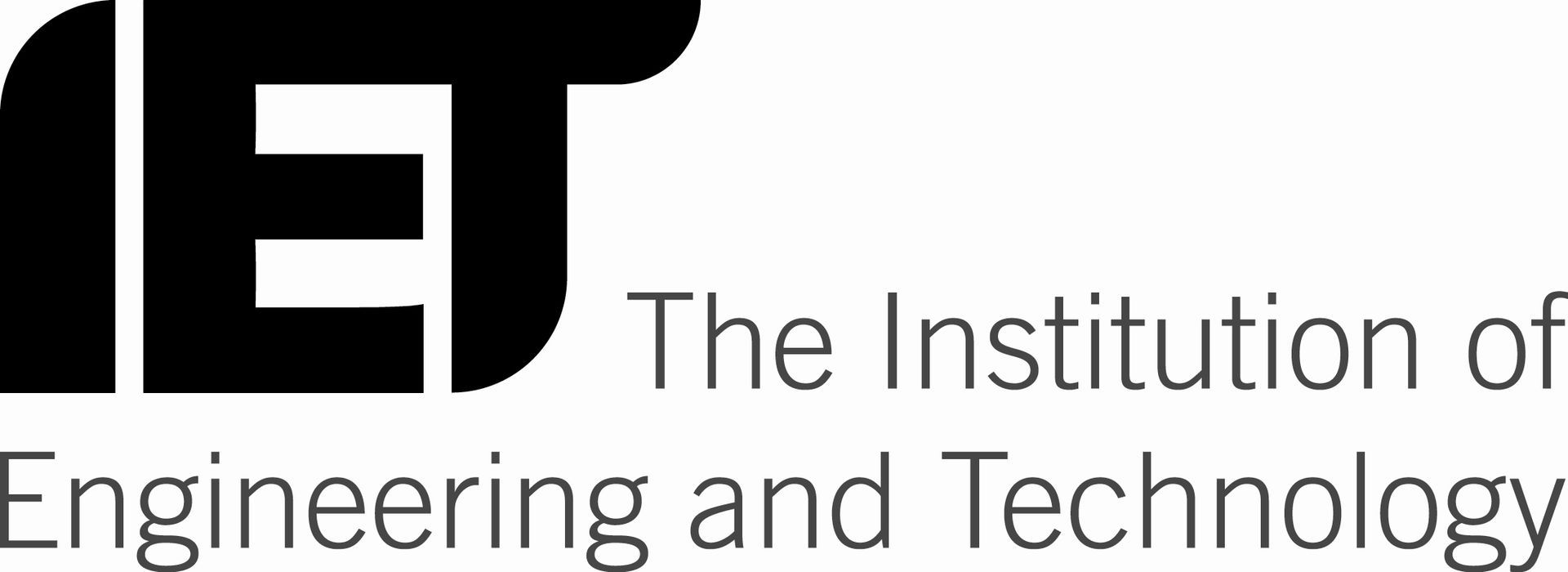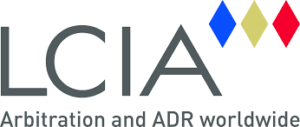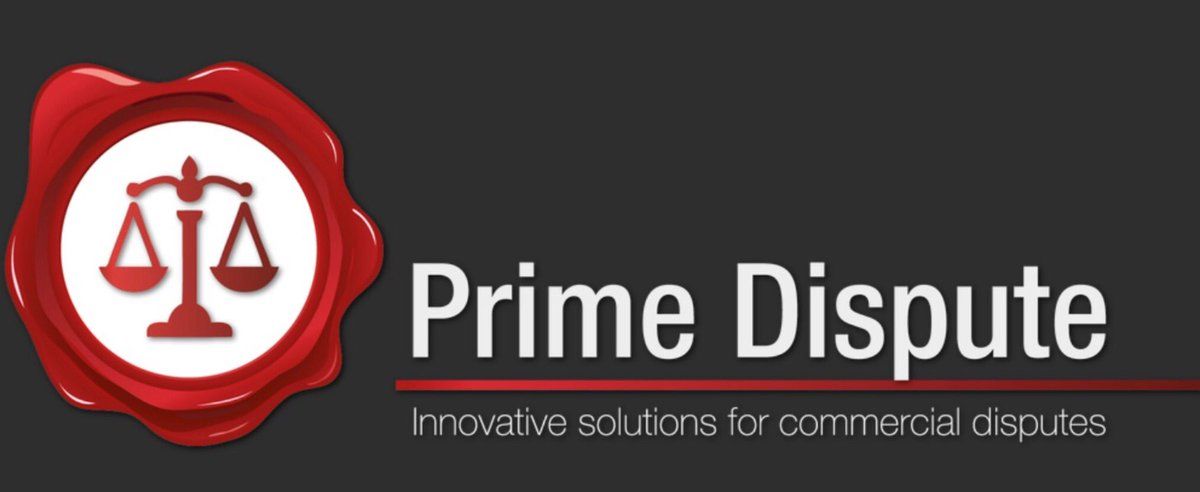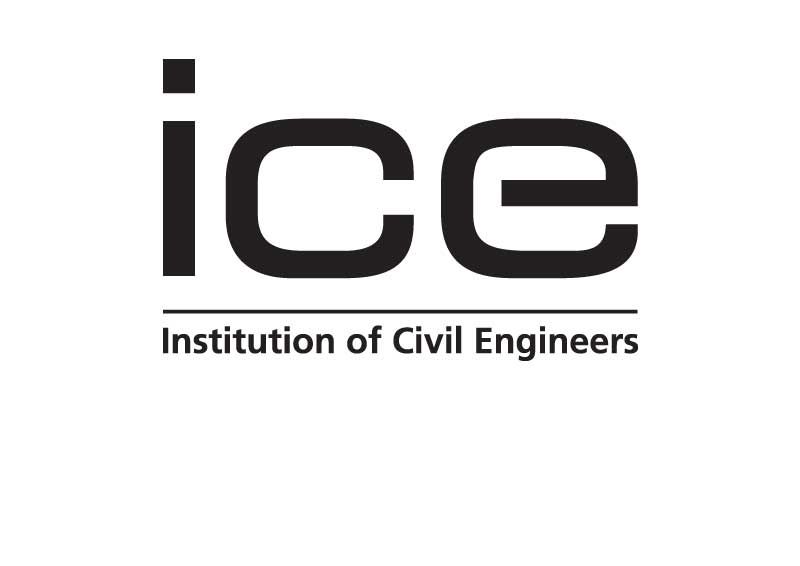Supporting Business Continuity with Forensic Engineering and DSU Claims in a Gas Compression Facility
Case Study
Background
A major gas compression facility experienced a catastrophic equipment failure that halted operations, resulting in significant delays and financial losses. The incident triggered a Delay in
Start-Up (DSU) claim under the facility’s construction insurance policy. The claim involved disputes over the cause of the failure, the extent of the business interruption, and the financial implications for all parties, including the contractor, equipment supplier, and insurer.
DAC Consulting Services was engaged to provide a comprehensive forensic engineering investigation and support for the DSU claim, helping the client achieve resolution and restore operations.

Challenges
The situation presented multiple challenges that required detailed analysis and technical expertise:
1. Root Cause Investigation: Identifying the cause of the equipment failure, including potential design flaws, installation issues, or operational errors.
2. Business Interruption Impact: Calculating the extent of the financial losses resulting from the delayed start-up of the facility.
3. Complex Stakeholder Involvement: Coordinating findings among contractors, insurers, and equipment suppliers.
4. DSU Claim Validation: Providing robust evidence to support the DSU claim, ensuring alignment with the insurance policy’s terms and conditions.
5. Time Sensitivity: Delivering findings promptly to minimise operational downtime and financial exposure.
DAC’s Role
DAC was engaged to perform a detailed forensic analysis and provide expert support
throughout the DSU claims process. Our role included:
1. Forensic Engineering Investigation:
- Conducted a root cause analysis of the equipment failure, examining design specifications, installation records, and operational data.
- Performed material testing and stress analysis to determine contributing factors.
- Identified key failure points, linking them to specific errors in manufacturing and installation.
2. DSU Claim Support:
- Calculated the financial impact of the delayed start-up, including lost production revenue and additional operational costs.
- Prepared a comprehensive report validating the DSU claim, ensuring compliance with the insurer’s policy requirements.
3. Expert Reporting and Testimony:
- Delivered a detailed expert report integrating forensic engineering findings with business interruption analysis.
- Provided expert opinions to support negotiations between the client and insurer, ensuring clarity and credibility in presenting the case.

London (HQ) Office
Contact our expert team today for an initial consultation or advice on your requirement.
Methodology
DAC employed a systematic approach to address the complexities of the project:
1. Root Cause Analysis:
- Used advanced diagnostic tools, including finite element analysis (FEA) and failure mode analysis, to pinpoint the cause of the equipment failure.
- Reviewed installation and commissioning records to identify deviations from best practices.
2. DSU Analysis:
- Collaborated with financial and operational teams to quantify business interruption losses.
- Cross-referenced insurance policy terms to ensure the DSU claim was supported with comprehensive evidence.
3. Stakeholder Coordination:
- Engaged all relevant parties, including the contractor, equipment supplier, and insurer, to align findings and expedite resolution.
Outcome
DAC’s forensic analysis and expert support enabled the client to achieve a favourable resolution of the DSU claim. Key results included:
- Identification of a manufacturing defect as the root cause of the equipment failure, absolving the contractor of liability.
- Successful validation of the DSU claim, with the insurer agreeing to cover the majority of the client’s financial losses.
- Development of actionable recommendations to prevent similar failures in future operations.
The resolution restored operational confidence, minimised financial exposure, and enabled the facility to resume full production within an adjusted timeline.

Key Takeaways
1.Integrated Expertise: Combining forensic engineering with DSU claim analysis provides comprehensive support for resolving complex disputes.
2. Fact-Based Findings: Thorough root cause investigations ensure clear attribution of liability, supporting effective resolution of claims.
3. Policy Alignment: Ensuring compliance with insurance terms is critical to validating DSU claims and securing compensation.
4. Stakeholder Collaboration: Coordinating with all parties fosters transparency and expedites dispute resolution.
5. Proactive Recommendations: Forensic investigations can provide actionable insights to improve future operations and minimise risk.
By leveraging DAC’s expertise, the client successfully navigated a high-stakes dispute, restored operations, and safeguarded business continuity.














